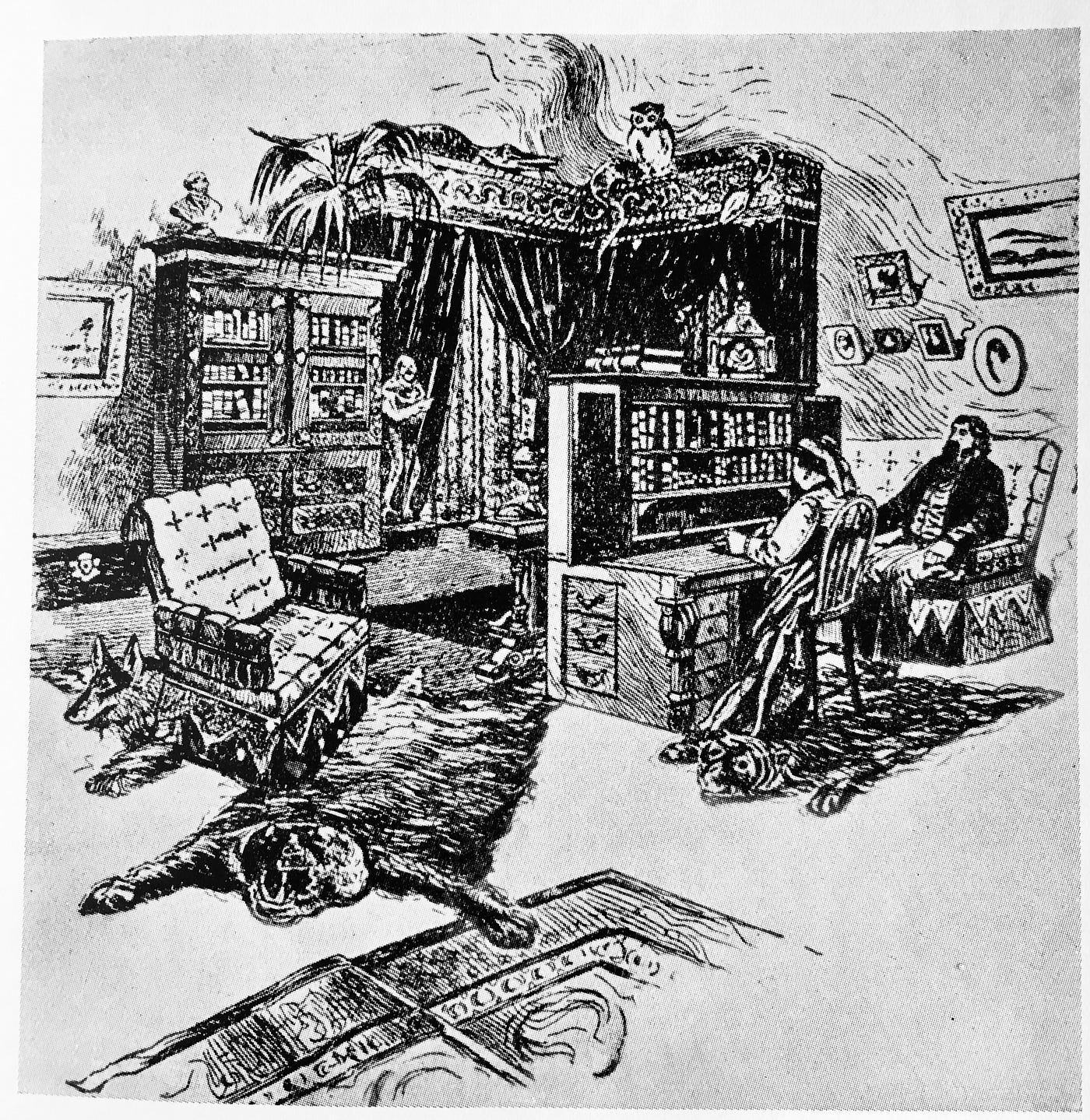
Who was Helena Blavatsy?
Helena Petrovna Blavatsky, the enigmatic and controversial founder of the Theosophical Society, left an indelible mark on the spiritual and intellectual landscape of the late 19th and early 20th centuries. Her life and work have been the subject of fascination, admiration, and criticism, making her one of the most polarizing figures in the history of Western esotericism. This essay explores Blavatsky’s legacy, the key ideas of Theosophy, its similarities to other esoteric and psychological movements, and its enduring influence on the understanding of the unconscious mind.
Blavatsky’s Early Life and Spiritual Journey
Born in 1831 in Yekaterinoslav, Russia, Helena Petrovna von Hahn showed an early interest in the occult and the paranormal. She claimed to have had psychic experiences and visions from a young age and to have traveled extensively throughout the world in search of spiritual knowledge. In 1875, she co-founded the Theosophical Society in New York City with Colonel Henry Steel Olcott and William Quan Judge.
The Theosophical Society quickly gained popularity and attracted a diverse group of intellectuals, artists, and spiritual seekers. Blavatsky’s charismatic personality and her claims of contact with hidden “Masters” or “Mahatmas” who possessed ancient wisdom helped to establish her as a leading figure in the Western esoteric tradition.
However, Blavatsky’s rise to prominence was not without controversy. She faced accusations of fraud and charlatanry, with some critics claiming that she had faked paranormal phenomena and plagiarized her writings. Despite these challenges, Blavatsky continued to develop and promote the teachings of Theosophy, which she outlined in her major works, “Isis Unveiled” (1877) and “The Secret Doctrine” (1888).
Core Teachings of Theosophy
At the heart of Blavatsky’s Theosophy is the idea of an ancient wisdom tradition that underlies all the world’s religions and philosophies. This “Ageless Wisdom” is said to have been preserved by a hidden hierarchy of spiritual adepts or “Masters” who guide the evolution of humanity from behind the scenes.
Some of the key teachings of Theosophy include:
- The unity of all existence: Theosophy posits that there is a fundamental oneness behind the apparent diversity of the universe. This unity is often referred to as the “Absolute” or the “One Life.”
- The cyclic nature of the cosmos: Theosophists believe that the universe undergoes endless cycles of manifestation and dissolution, with each cycle governed by the law of karma and the principle of cause and effect.
- The evolution of consciousness: According to Theosophy, consciousness is the fundamental reality, and the universe is the product of the evolution of consciousness. Human beings are seen as microcosms of the macrocosm, with the potential to evolve towards higher states of awareness.
- The existence of subtler planes of reality: Blavatsky taught that there are multiple planes of existence beyond the physical, each with its own characteristics and inhabitants. These include the astral plane, the mental plane, and the spiritual plane.
- The doctrine of reincarnation: Theosophy embraces the idea of reincarnation, suggesting that the soul or consciousness evolves through a series of lifetimes, gathering experiences and learning lessons along the way.
Similarities to Other Esoteric and Psychological Movements
Theosophy shares many ideas and concepts with other esoteric and spiritual traditions, as well as with certain psychological and philosophical movements that emerged in the early 20th century. Some of these similarities include:
- Anthroposophy: Founded by Rudolf Steiner, Anthroposophy is an esoteric and spiritual movement that grew out of Theosophy. Like Theosophy, Anthroposophy emphasizes the evolution of consciousness and the existence of subtler planes of reality. However, Steiner diverged from Blavatsky’s teachings in his emphasis on the centrality of the Christ impulse and his development of specific spiritual practices and disciplines.
- Psychosynthesis: Developed by Roberto Assagioli, Psychosynthesis is a psychological approach that integrates elements of depth psychology, humanistic psychology, and transpersonal psychology. Like Theosophy, Psychosynthesis acknowledges the existence of a higher self or soul and emphasizes the importance of self-realization and spiritual growth. However, Psychosynthesis is primarily a therapeutic approach and does not embrace the same metaphysical and cosmological ideas as Theosophy.
- Jungian psychology: Carl Jung, the founder of analytical psychology, was deeply influenced by Blavatsky’s ideas and the Theosophical movement. Jung’s concepts of the collective unconscious, archetypes, and the process of individuation bear many similarities to Theosophical teachings. However, Jung ultimately distanced himself from Theosophy and developed his own psychological theories and practices.
- New Thought: The New Thought movement, which emerged in the late 19th century, shares some common ground with Theosophy in its emphasis on the power of the mind and the idea that thoughts can shape reality. However, New Thought is primarily focused on personal transformation and prosperity, while Theosophy has a more comprehensive metaphysical and cosmological framework.
- Hermeticism and Rosicrucianism: Theosophy draws on many ideas and symbols from the Hermetic and Rosicrucian traditions, such as the concept of correspondences between the microcosm and the macrocosm, and the belief in a hidden wisdom that can be accessed through spiritual initiation. However, these traditions have their own distinct histories and practices that set them apart from Theosophy.
Blavatsky’s Legacy and Criticisms
Blavatsky’s influence on the development of modern spirituality and esotericism is difficult to overstate. Her ideas and teachings have inspired countless individuals and groups, from artists and writers to spiritual seekers and occultists. The Theosophical Society, which she co-founded, remains active to this day and has branches in many countries around the world.
However, Blavatsky’s legacy is not without its shadows and controversies. Some of the key criticisms leveled against her and Theosophy include:
- Accusations of fraud and charlatanry: Throughout her life, Blavatsky faced accusations of faking paranormal phenomena and engaging in deception. Some of her critics, such as the Society for Psychical Research, conducted investigations into her claims and concluded that she was a charlatan.
- Plagiarism and borrowing from other sources: Blavatsky’s writings, particularly “Isis Unveiled” and “The Secret Doctrine,” have been accused of plagiarizing and borrowing heavily from other sources without proper attribution. While Blavatsky and her defenders have argued that this was a common practice at the time and that she was simply synthesizing ancient wisdom, critics see it as evidence of intellectual dishonesty.
- Problematic racial and cultural views: Some of Blavatsky’s writings contain racist and ethnocentric ideas, such as the concept of “root races” and the idea that certain races are more spiritually evolved than others. These views reflect the colonial and Eurocentric biases of her time but are rightly rejected and criticized by modern scholars and spiritual seekers.
- Lack of empirical evidence: Many of Blavatsky’s claims, such as the existence of the Masters and the reality of astral planes, are not supported by empirical evidence or scientific investigation. While some argue that these things are beyond the realm of ordinary perception and require psychic or spiritual faculties to access, others see them as unverifiable and unfalsifiable claims.
Despite these criticisms, Blavatsky’s legacy continues to inspire and influence spiritual seekers and scholars around the world. Her emphasis on the unity of all existence, the evolution of consciousness, and the search for ancient wisdom has resonated with many who seek a deeper understanding of the mysteries of life and the cosmos.
Theosophy and the Unconscious Mind
Perhaps one of the most enduring and significant aspects of Blavatsky’s legacy is her contribution to the understanding of the unconscious mind. Long before Sigmund Freud and Carl Jung developed their theories of the unconscious, Blavatsky and the Theosophists were exploring the hidden depths of the human psyche and the role of the unconscious in spiritual and psychological transformation.
One of the key concepts in Theosophy that relates to the unconscious mind is the idea of the “astral plane.” According to Blavatsky, the astral plane is a subtler level of reality that interpenetrates and underlies the physical world. It is the realm of dreams, visions, and psychic experiences, and is populated by thought-forms, elementals, and other non-physical entities.
The astral plane is seen as the bridge between the physical world and the higher spiritual planes, and is the domain of the unconscious mind. Blavatsky and other Theosophists believed that by consciously exploring and mastering the astral plane, one could gain access to hidden knowledge, develop psychic powers, and accelerate one’s spiritual evolution.
This idea of an inner world of the psyche, filled with symbolic images and archetypes, was later taken up and developed by Carl Jung and other depth psychologists. Jung’s concept of the collective unconscious, which he saw as a repository of universal symbols and mythic patterns, bears a striking resemblance to the Theosophical concept of the astral plane.
Blavatsky and the Theosophists also emphasized the importance of integrating the unconscious and conscious aspects of the psyche in the process of spiritual growth and self-realization. They saw the human being as a microcosm of the macrocosm, with the potential to evolve towards higher states of consciousness and unity with the divine.
This process of integration and self-realization was seen as a journey of initiation, involving the confrontation and transformation of the lower aspects of the psyche, such as the ego and the shadow. By bringing these unconscious elements into the light of consciousness and transmuting them through spiritual practice and self-discipline, the individual could achieve a state of wholeness and alignment with the higher self or soul.
These ideas about the nature and role of the unconscious mind in spiritual and psychological growth have had a profound influence on the development of depth psychology, transpersonal psychology, and other approaches to inner work and self-realization. While Blavatsky and the Theosophists did not develop a systematic or empirical approach to the study of the unconscious, their intuitive and experiential explorations laid the groundwork for later investigations and theories.
Helena Blavatsky and the Theosophical movement she founded have left a complex and controversial legacy that continues to shape the spiritual and intellectual landscape of the modern world. While Blavatsky faced accusations of fraud and charlatanry during her lifetime, and some of her ideas and teachings have been rightly criticized and rejected, her influence on the development of modern spirituality and the understanding of the unconscious mind cannot be denied.
Legacy
Blavatsky’s emphasis on the unity of all existence, the evolution of consciousness, and the search for ancient wisdom has inspired generations of spiritual seekers and helped to bridge the gap between Eastern and Western esoteric traditions. Her concept of the astral plane and her exploration of the hidden depths of the human psyche anticipated and influenced the development of depth psychology and transpersonal psychology.
At the same time, it is important to approach Blavatsky’s legacy with a critical and discerning eye. Some of her claims and teachings lack empirical evidence and can be seen as products of her time and cultural context. Her problematic views on race and culture, as well as her tendency to borrow and plagiarize from other sources, should be acknowledged and rejected.
Ultimately, the value of Blavatsky’s legacy may lie not in the literal truth of her claims or the infallibility of her character, but in the enduring questions and possibilities she raised about the nature of reality, the potential of human consciousness, and the mysteries of the inner world. As we continue to grapple with these questions and possibilities in the 21st century, Blavatsky’s legacy serves as a reminder of the power and limitations of the human imagination, and the ongoing quest for meaning and transformation in a rapidly changing world.
Blavatsky’s Theosophical Legacy and the Future of Spirituality As we move deeper into the 21st century, the relevance and significance of Blavatsky’s Theosophical legacy for the future of spirituality and the understanding of the unconscious mind are becoming increasingly apparent. In a world of rapid technological change, environmental crisis, and social upheaval, the search for meaning, purpose, and inner transformation has taken on a new urgency and intensity.
Blavatsky’s emphasis on the unity of all existence and the interconnectedness of all life resonates with the growing ecological and spiritual awareness of our time. Her vision of a universal wisdom tradition that transcends religious and cultural boundaries speaks to the need for a more inclusive and integrative approach to spirituality in a globalized world.
At the same time, Blavatsky’s exploration of the unconscious mind and the hidden dimensions of the psyche anticipates the current interest in alternative states of consciousness, psychedelic experiences, and the role of the imagination in personal and collective transformation. As more people turn to meditation, mindfulness, and other practices for inner growth and healing, the Theosophical tradition offers a rich storehouse of insights and techniques for navigating the inner landscape of the mind.
However, the future of spirituality and the understanding of the unconscious mind will also require a critical and empirical approach that goes beyond the limitations and biases of Blavatsky’s time. Some of Blavatsky’s ideas and teachings, such as her concept of the astral plane and her claims about the existence of spiritual masters, will need to be reexamined and reinterpreted in light of modern scientific and psychological knowledge.
The problematic aspects of Blavatsky’s legacy, such as her racial and cultural biases and her tendency towards authoritarianism and secrecy, will also need to be confronted and transcended. The future of spirituality will require a more transparent, egalitarian, and inclusive approach that honors diversity and encourages critical thinking and individual autonomy.
At the same time, the Theosophical emphasis on the transformative power of the imagination and the importance of inner experience will continue to be relevant and valuable. As we face the challenges and opportunities of the coming decades, the ability to access and harness the creative and healing potential of the unconscious mind will be increasingly important.
In this sense, Blavatsky’s legacy is not a fixed or final doctrine, but a living and evolving tradition that invites us to explore the mysteries of the inner and outer worlds, to question our assumptions and beliefs, and to work towards a more integrated and compassionate understanding of ourselves and the universe.
As we move forward into an uncertain and rapidly changing future, the Theosophical tradition can serve as a source of inspiration and guidance, reminding us of the depth and complexity of the human psyche, the unity of all existence, and the transformative power of spiritual practice and inner work.
At the same time, we must approach this tradition with discernment and humility, recognizing its limitations and biases, and integrating its insights with the best of modern science, psychology, and philosophy. Only by engaging in this kind of critical and creative dialogue can we hope to build a more authentic and inclusive spirituality for the 21st century and beyond.
In the end, Blavatsky’s legacy is not a final answer or a perfect system, but an invitation to explore, to question, and to grow. As we face the challenges and opportunities of the coming decades, may we have the courage and the wisdom to take up this invitation, and to work towards a more conscious, compassionate, and integrated understanding of ourselves and the world we share.
Digital, Media, and Cultural Theorists and Philosophers
Bernays and The Psychology of Advertising
John B Calhoun and Universe 25
Claude Shannon and Warren Weaver

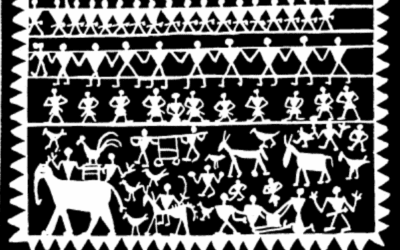





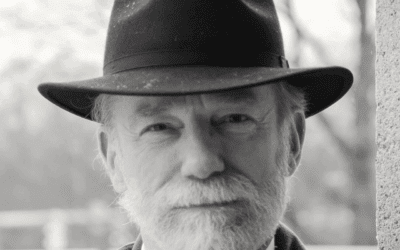

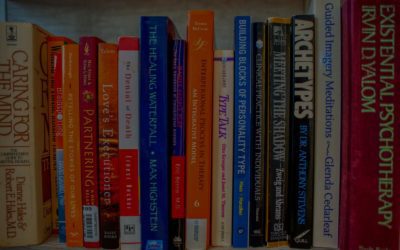







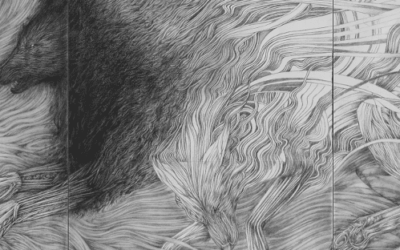








0 Comments